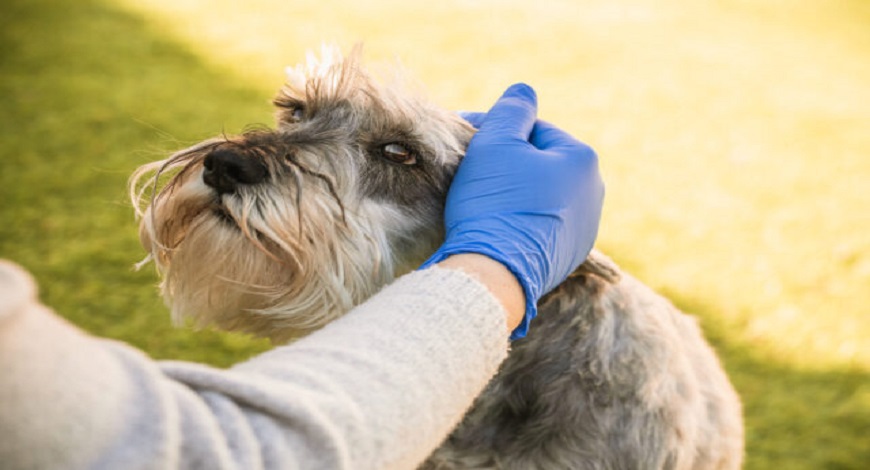 The next free Rabies Clinic will be held Sunday, March 20 at the Atlantic County Animal Shelter in Pleasantville.
The next free Rabies Clinic will be held Sunday, March 20 at the Atlantic County Animal Shelter in Pleasantville.
NORTHFIELD - The Atlantic County Division of Public Health is reminding residents of precautions to reduce the risk of exposure to the rabies virus for animals and humans after a third skunk collected from Egg Harbor Township has been confirmed for the viral disease.
Rabies can be fatal if left untreated which is why it is so important to vaccinate your pets, Atlantic County Acting Public Health Director Kara Janson said. A rabies vaccination not only protects your pet but also helps protect the pet owner and family members from contracting the disease from an infected pet.
The latest case involved a skunk collected from the 200-block of Virginia Avenue in Egg Harbor Township after it had been found by the property owner in the back yard attacking the owner's pet pig. Animal Control removed the skunk and sent it to the state lab for testing where it was confirmed positive for rabies on March 16.
In addition to the exposure of the pet pig, an investigation by the Atlantic County Division of Public Health found two possible human exposures of household members who provided immediate care to the pig. They have been advised to consult their healthcare provider and the pig has been placed under a strict 6-month confinement.
The county has reported four cases of rabies this year. The first was found in a fox collected from Hamilton Township in January followed by the three skunks in Egg Harbor Township that were confirmed since February.
The Atlantic County Animal Shelter is holding its next monthly free rabies vaccination clinic 9 a.m. to noon Sunday, March 20 for both dogs and cats by appointment and in accordance with federal and state protocols to mitigate the spread of COVID-19. If available, appointments can be made online at www.aclink.org/animalshelter.
Public health officials also advise residents to teach children to stay away from wild, stray or aggressive animals. Never feed or touch wild animals or try to keep them as pets.
Residents should also ensure trash cans have secure lids to prevent wildlife from foraging for food and not leave pet food outside. Many animals are also attracted to bird seed.
If you see wildlife that is behaving strangely, especially nocturnal animals such as skunks and raccoons found during daylight hours, do not approach the animal. Instead, call your local Animal Control Officer. Contact information is available on the county web site at: www.aclink.org/animal-shelter/municipal.asp
If you are bitten by an animal, wash the wound immediately with soap and water and seek medical attention. All bites should be reported to the Atlantic County Division of Public Health at 609-645-5971.
For more information about rabies control and precautions to protect your family and your pets, please visit the county web site at www.aclink.org/publichealth or call 609-645-5971.